Phonics Skills Normal Alphabet Worksheets for Ages 4-6
39 filtered results
-
From - To
Unlock the joy of learning with our Phonics Skills Normal Alphabet Worksheets designed specifically for children aged 4-6! These engaging worksheets help young learners grasp essential phonics concepts through fun activities and colorful illustrations. Each worksheet focuses on letter recognition, sound association, and early reading skills, ensuring a solid foundation in literacy. Parents and educators can use these resources to support phonetic learning at home or in the classroom. Watch as your child develops confidence in their reading abilities while enjoying the process. Dive into phonics with our easy-to-use and effective worksheets—perfect for budding learners ready to explore the world of words!
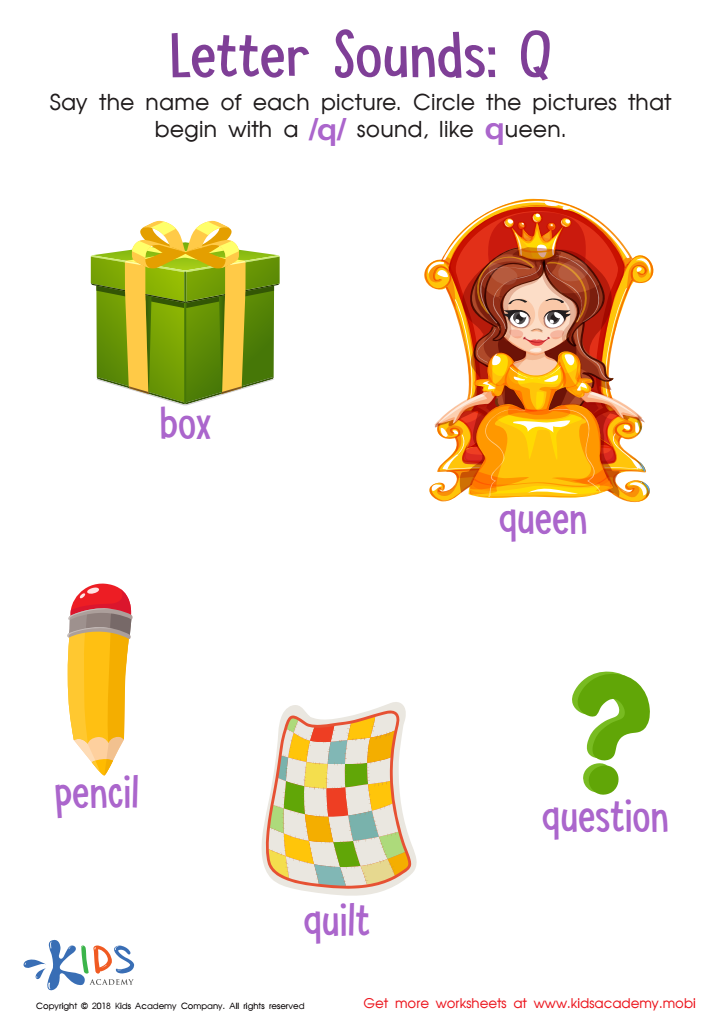

Letter Q Sounds Worksheet
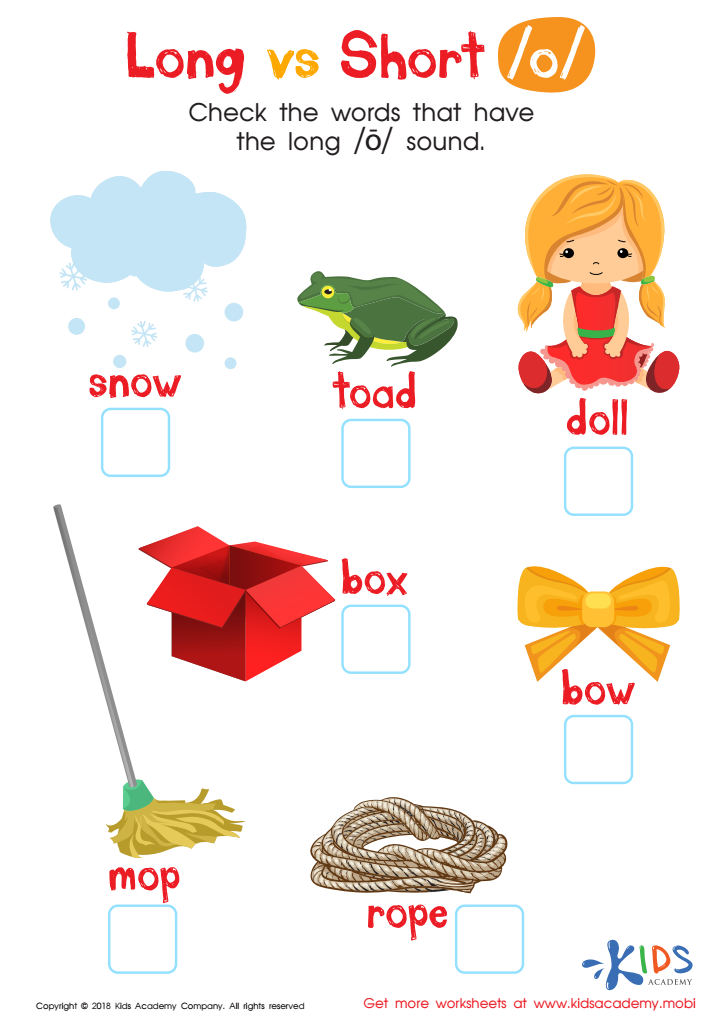

Long vs Short O Reading Worksheet
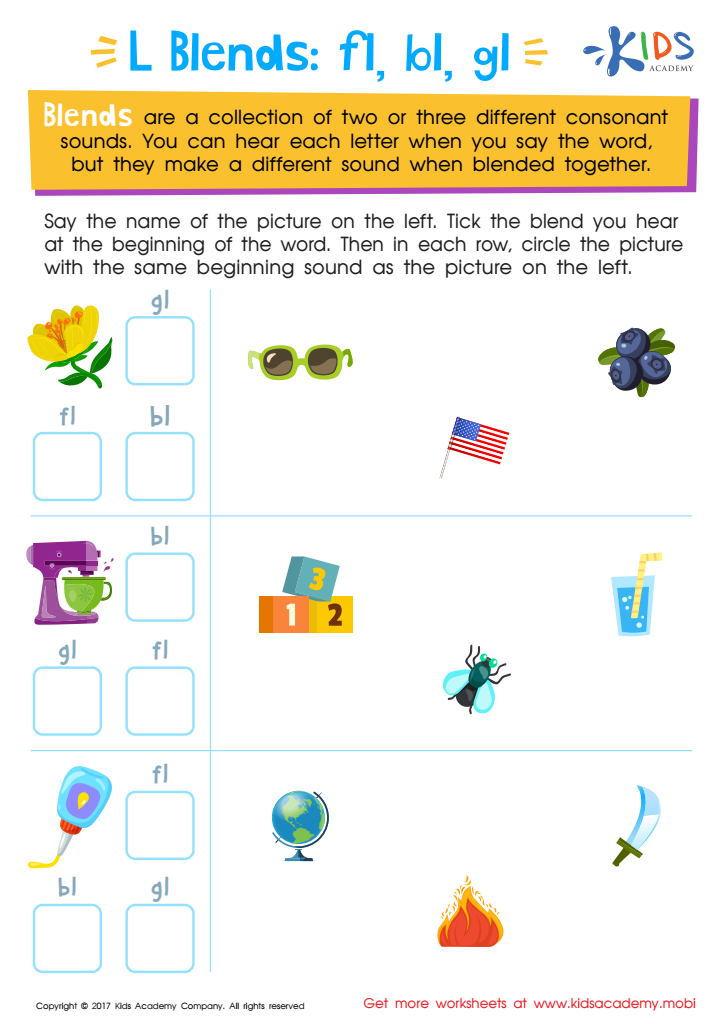

Blending Consonants: "Fl", "Bl" and "Gl" Printable
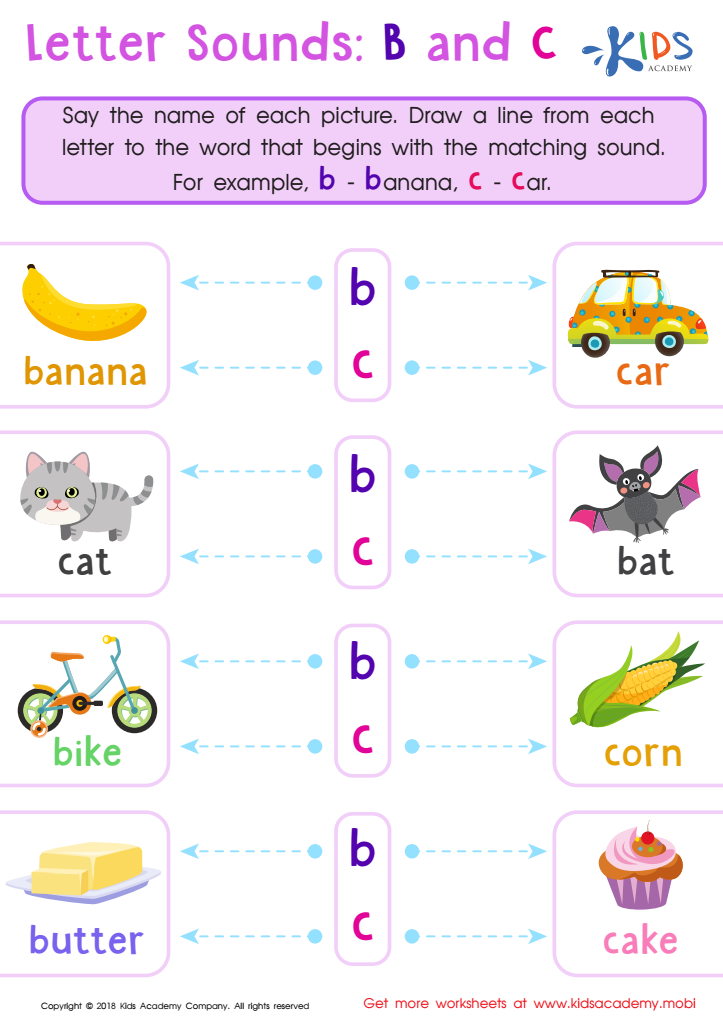

Letter B and C Sounds Worksheet
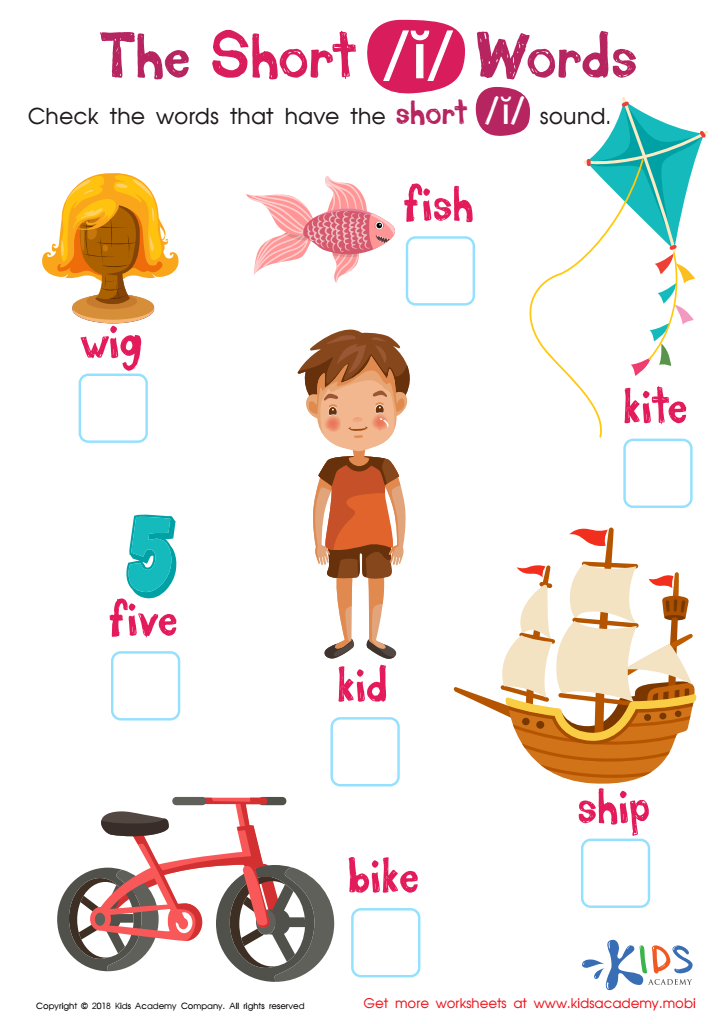

The Short I Words Reading Worksheet
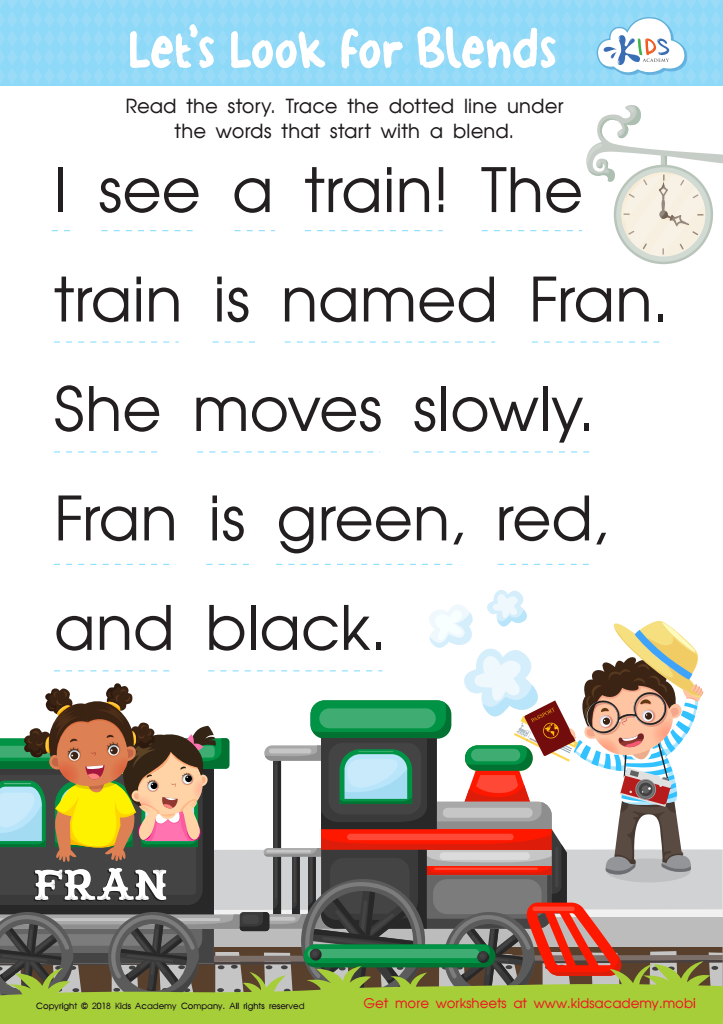

Let's Look for Blends Worksheet
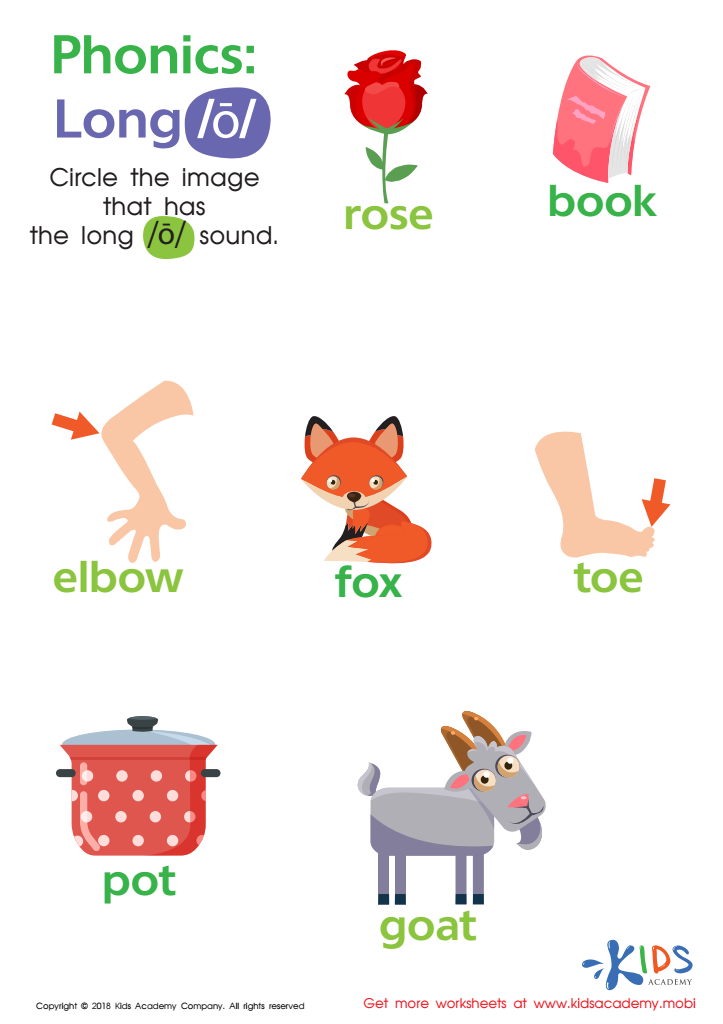

Phonics Long O Reading Worksheet
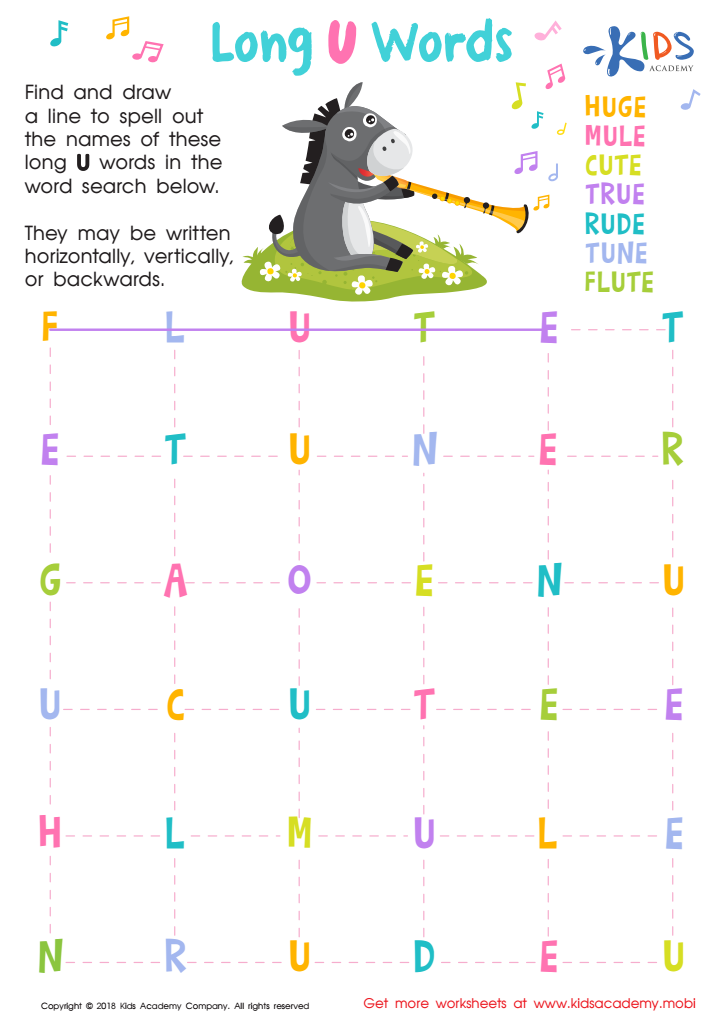

Long /u/ Words Worksheet


Short Vowels /e/, /i/, and /u/ Worksheet
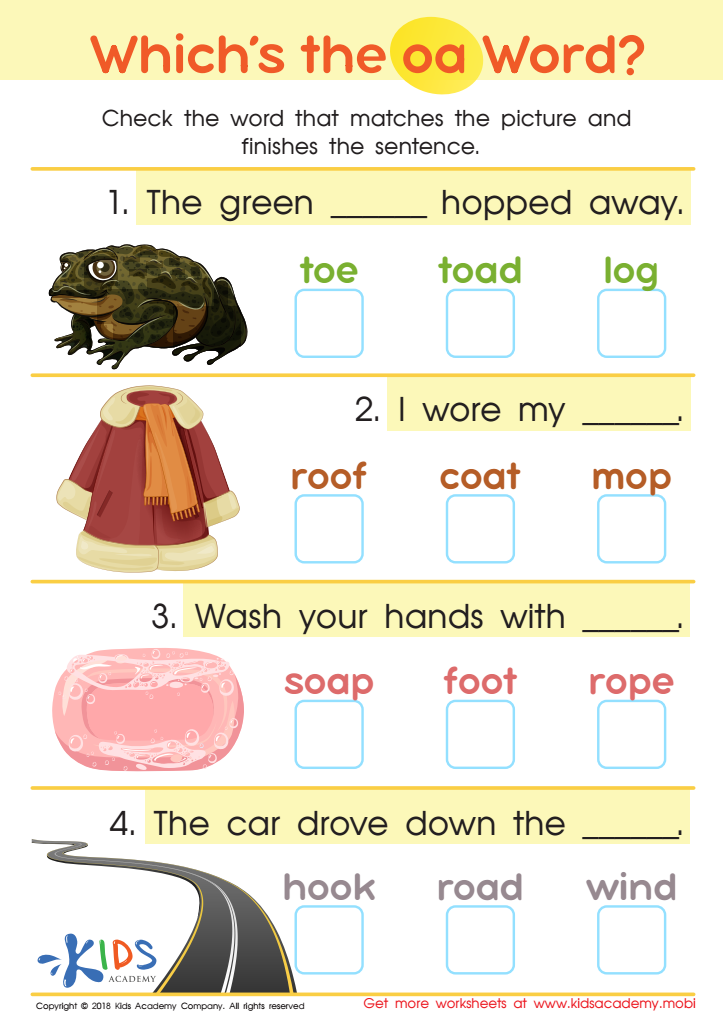

Which's the OA Word? Worksheet
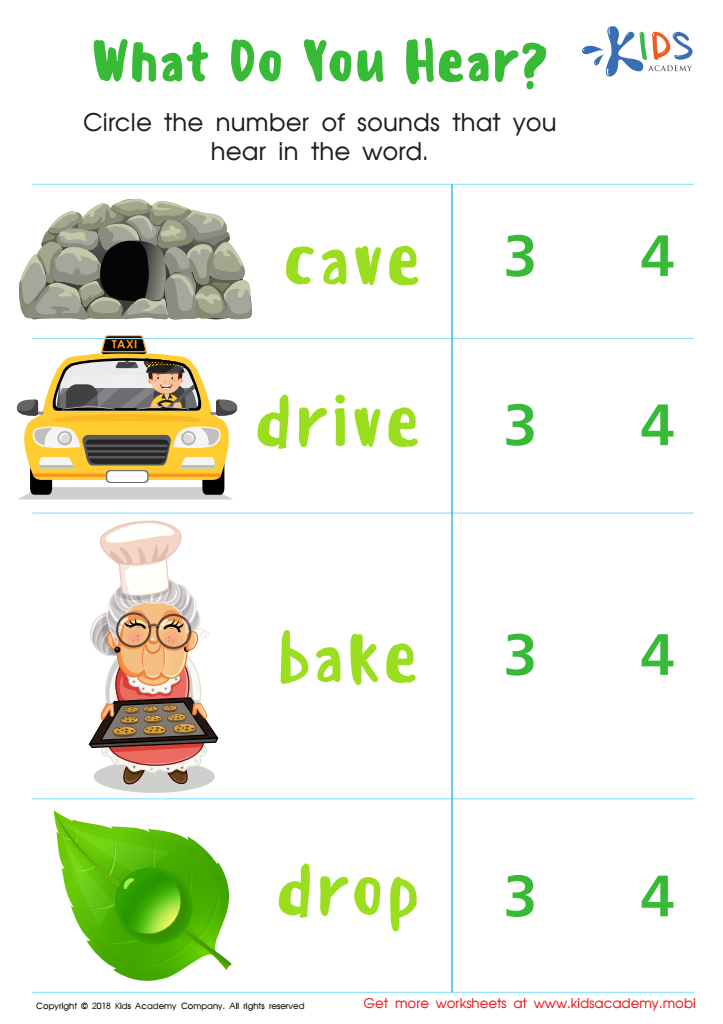

What Do You Hear? Worksheet
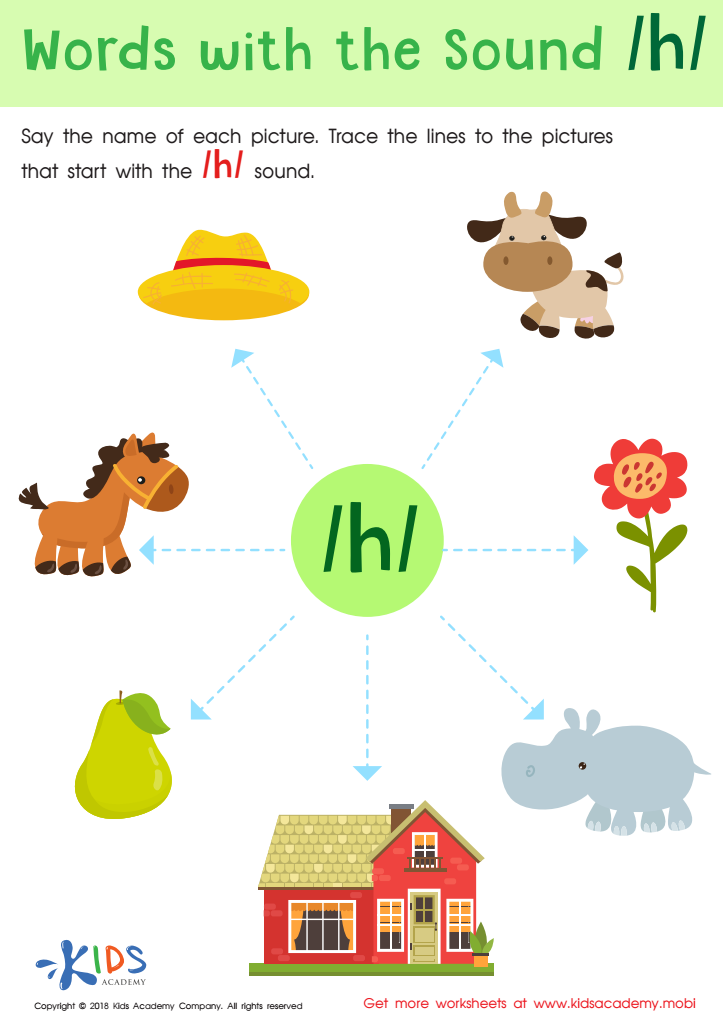

Words with sound h Reading Worksheet
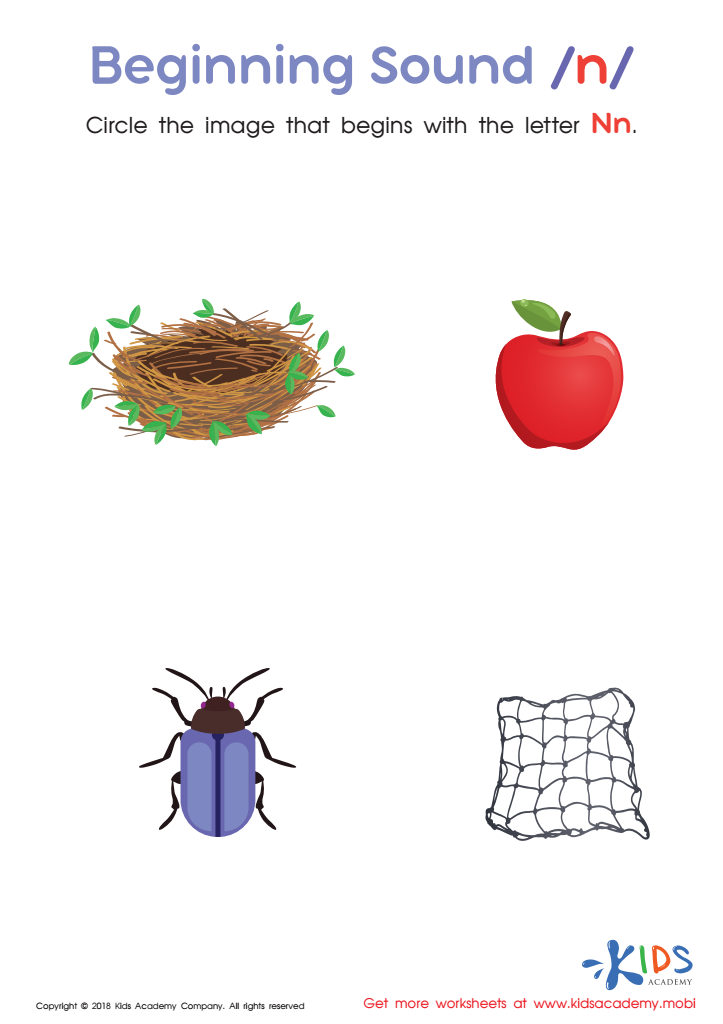

Beginning Sound «n» Worksheet
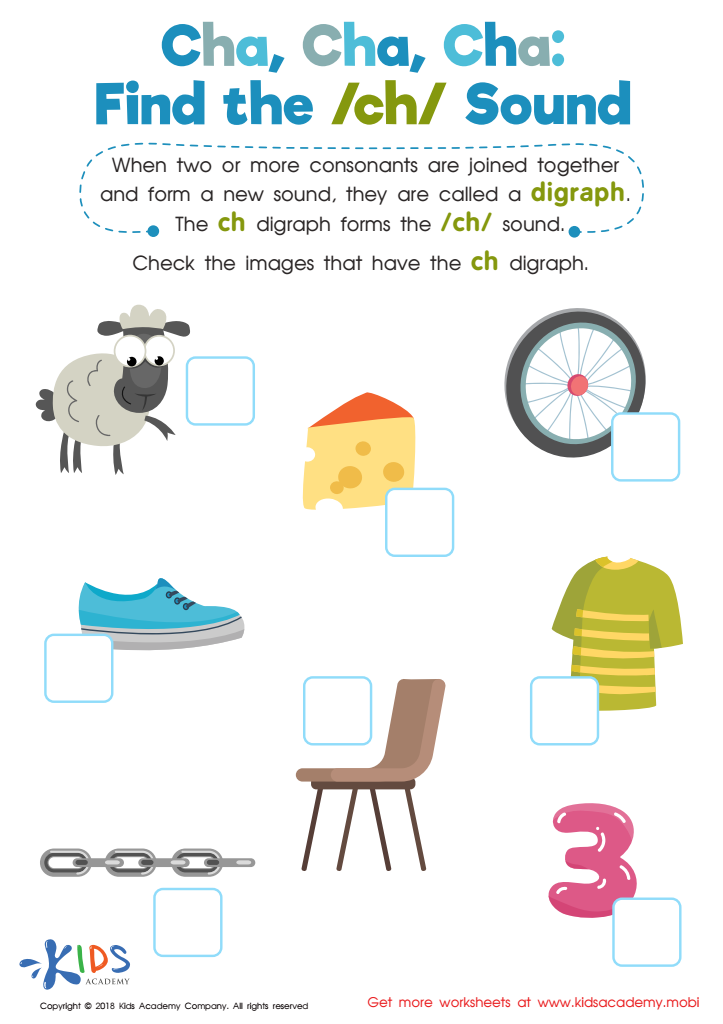

Cha, Cha, Cha: Find the /Ch/ Sound Worksheet


Long Vowel Maze /o/ and /i/ Worksheet
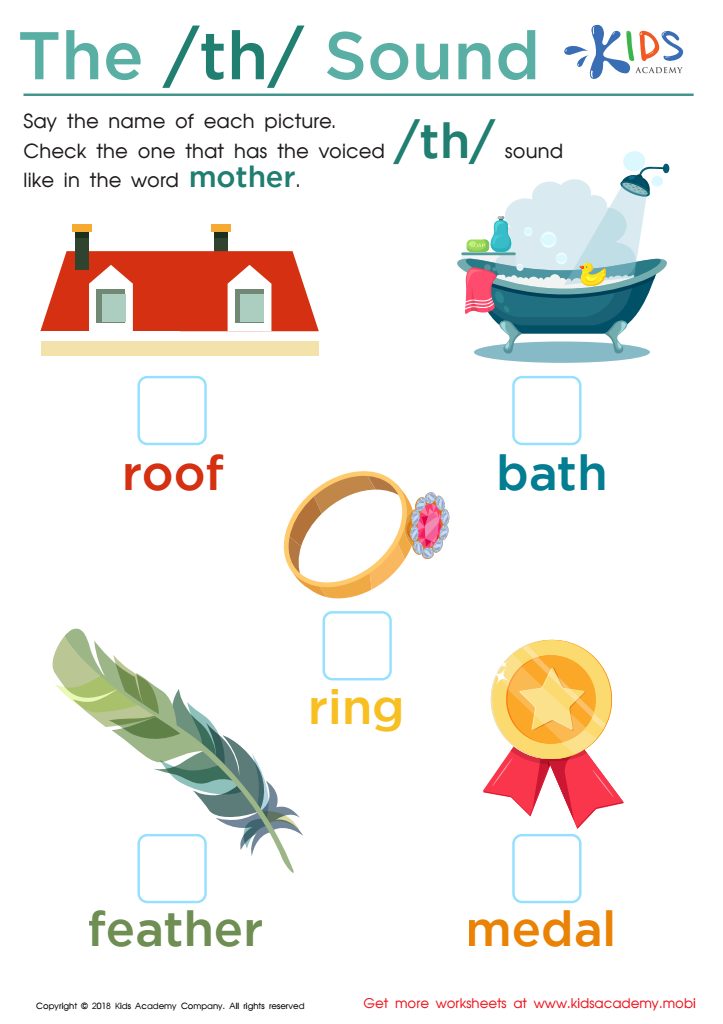

The /th/ Sound Worksheet
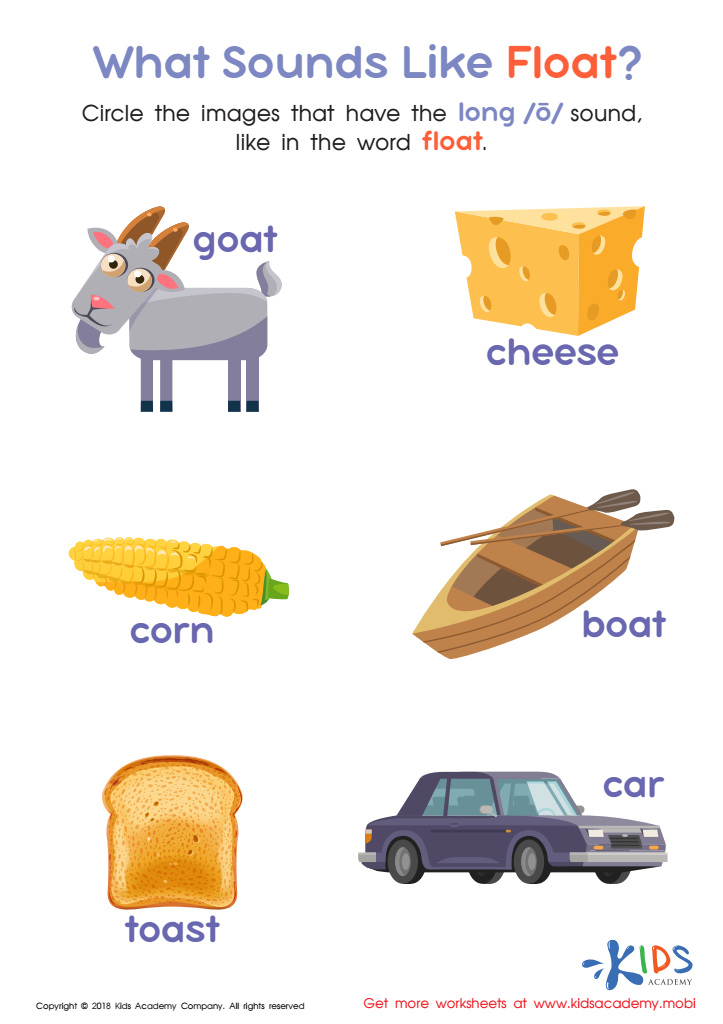

What Sounds Like Float? Worksheet
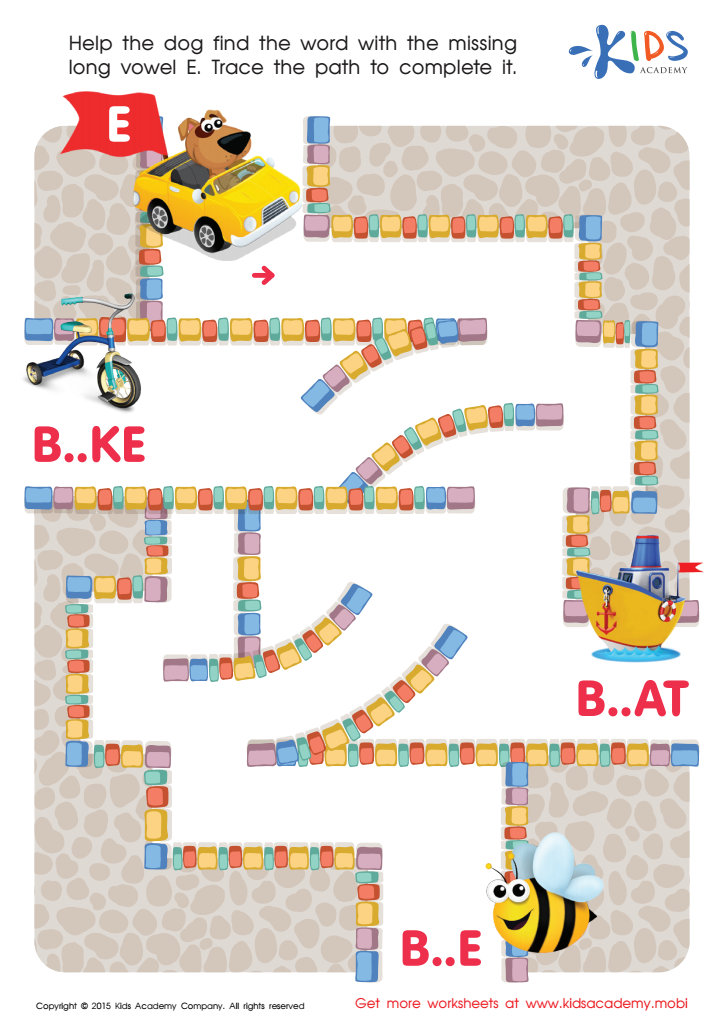

Long Vowel Sound E Worksheet
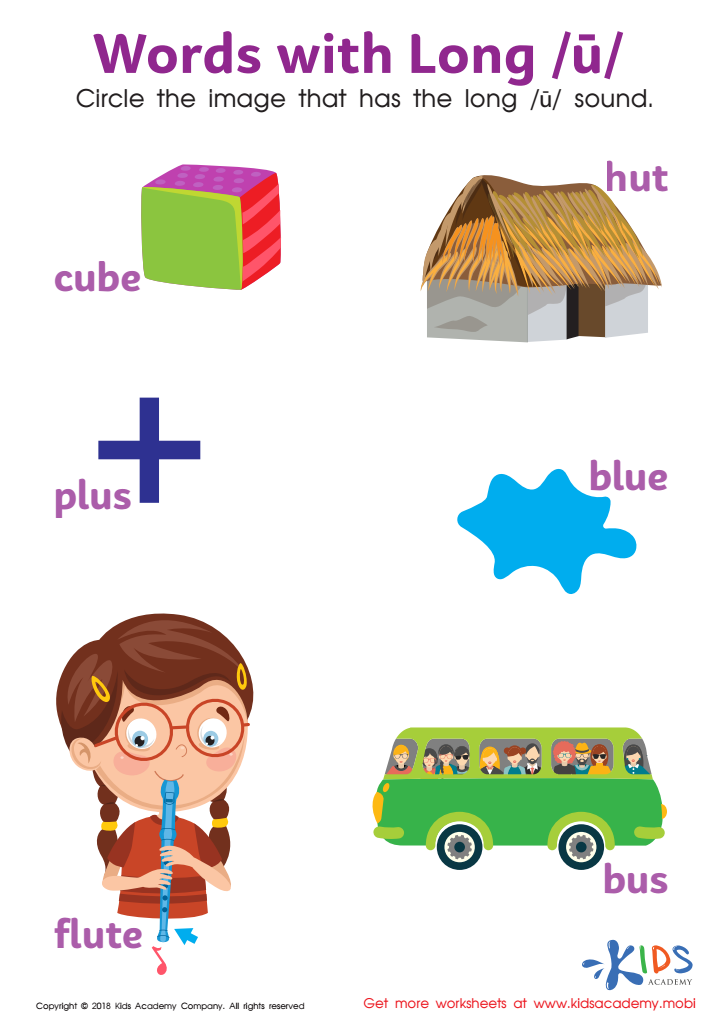

Words with Long U Reading Worksheet
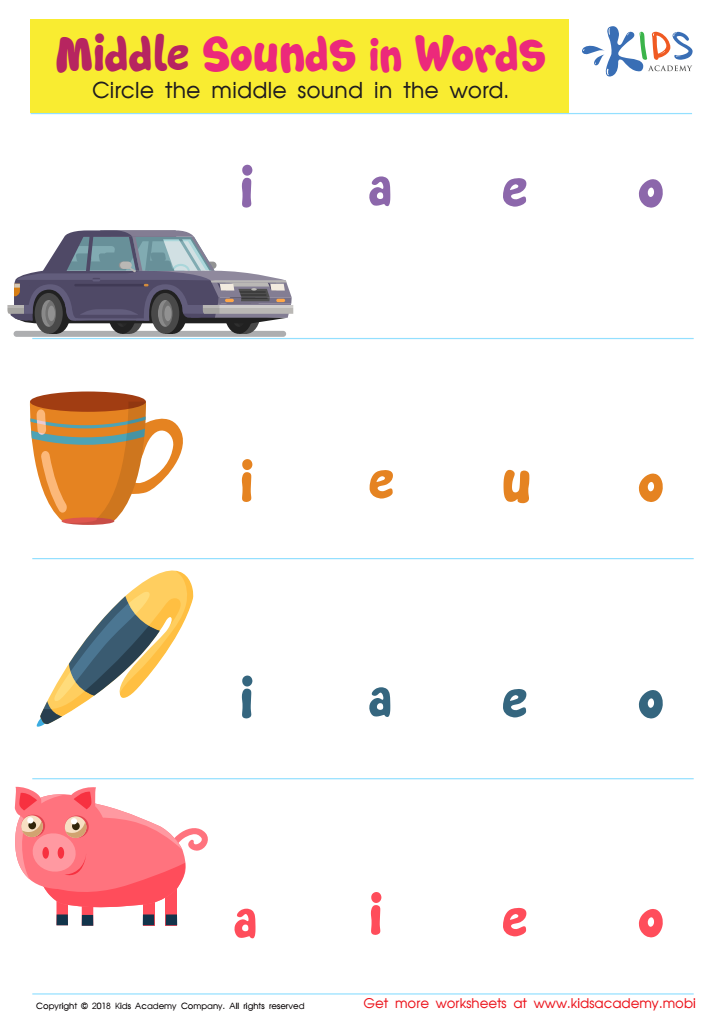

Middle Sounds in Words Worksheet
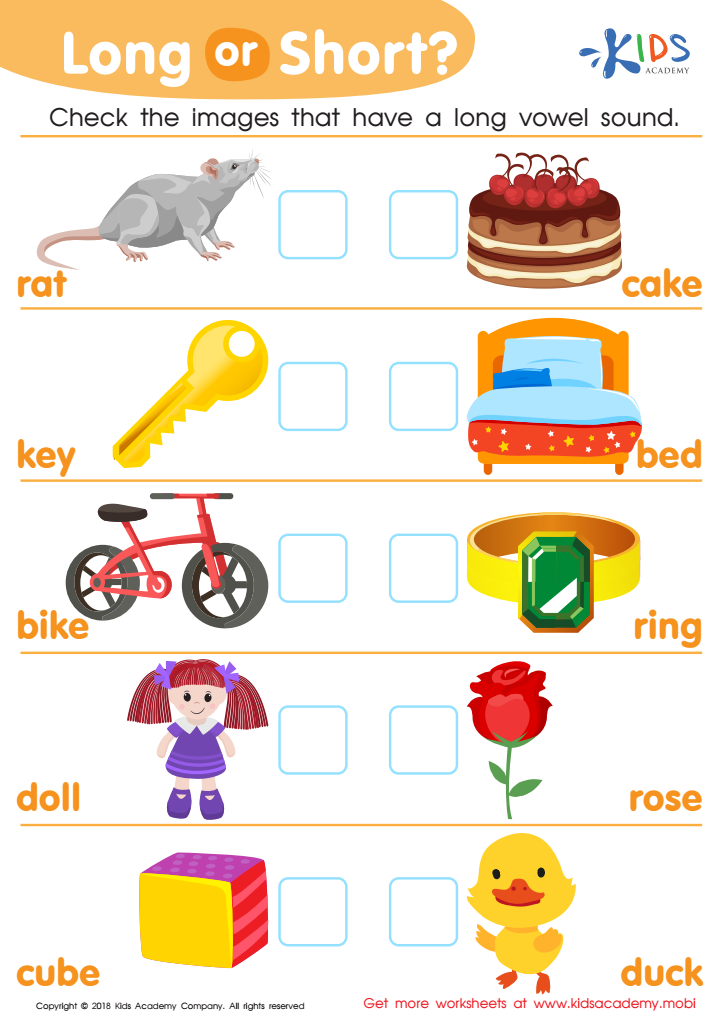

Long or Short Reading Worksheet
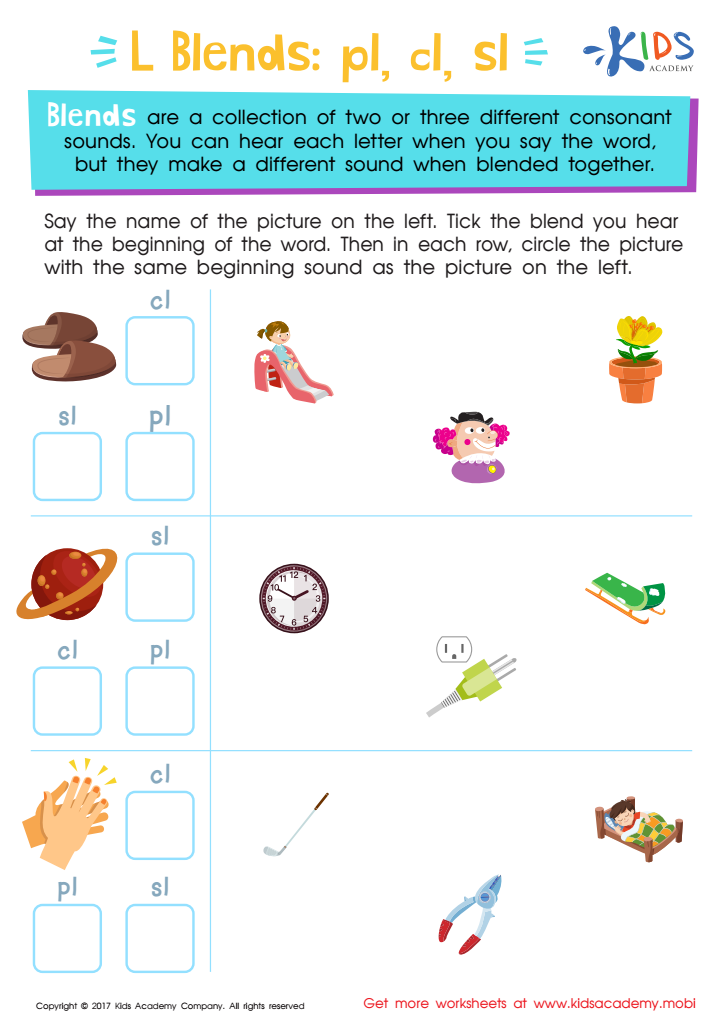

L Blends: "Pl", "Cl" and "Sl" Printable
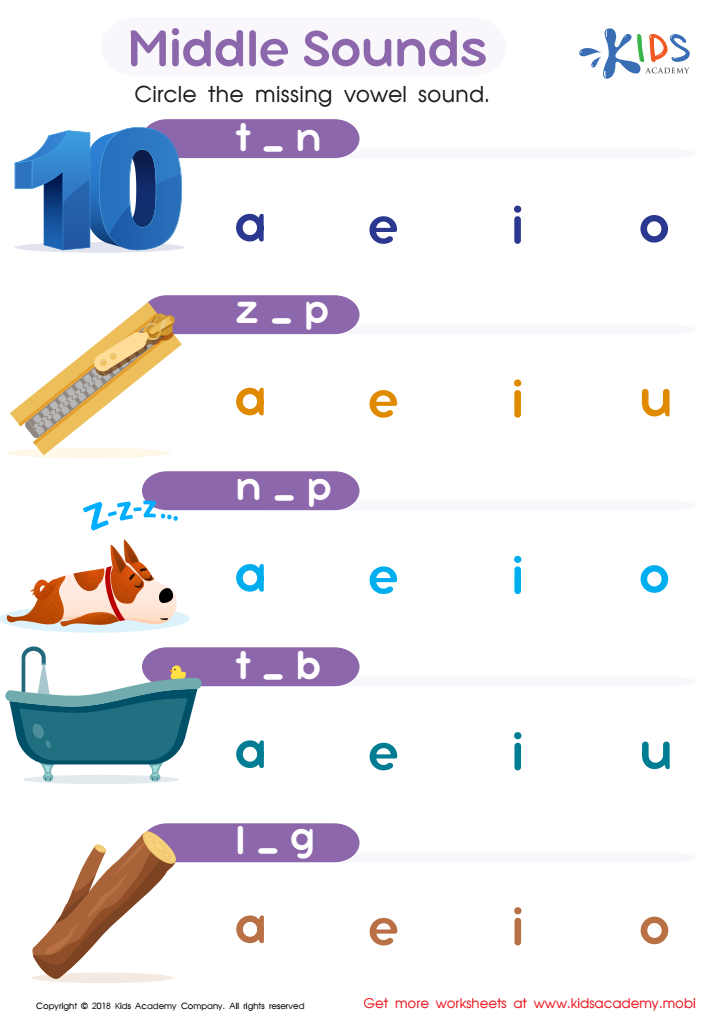

Middle Sounds Worksheet
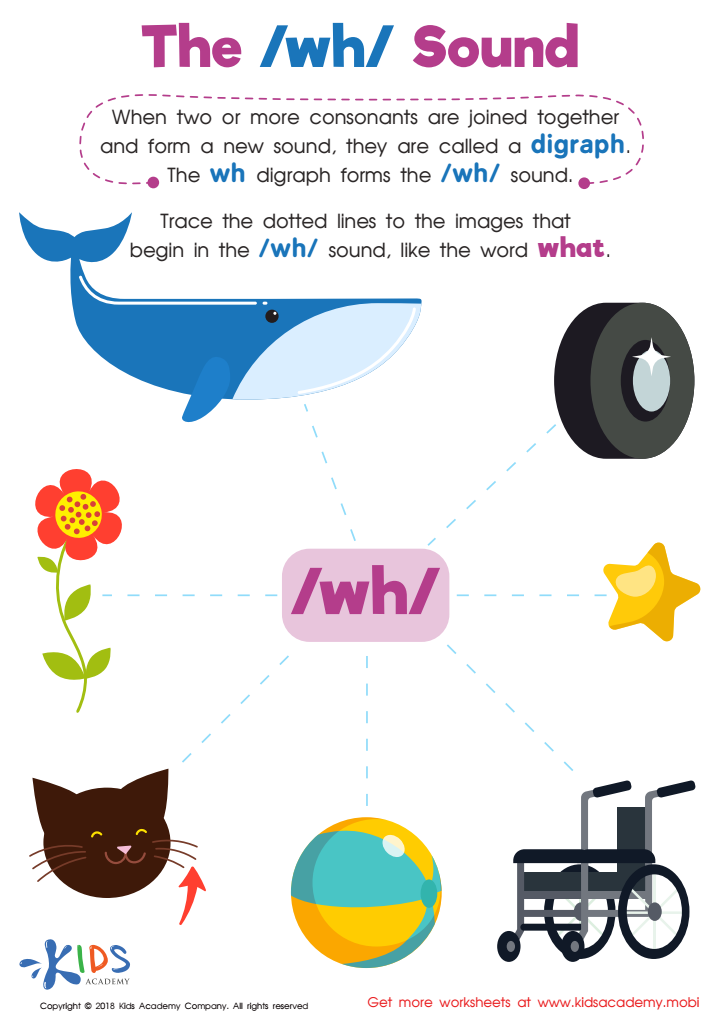

The /wh/ Sound Worksheet
Phonics skills are foundational for early readers, making it essential for parents and teachers to prioritize them for children ages 4-6. At this stage, kids are developing critical language abilities, and understanding the relationship between letters and sounds is vital for reading fluency. Mastering phonics improves a child's ability to decode words, boosting confidence as they progress from pre-reading activities to actual literacy.
Phonics helps children to recognize the normal alphabet, understanding how letters represent sounds that form words. This skill not only facilitates reading but also enhances spelling and vocabulary. Early exposure to phonics contributes to stronger overall literacy skills, leading to improved comprehension and critical thinking abilities later on in their education.
Moreover, engagement in phonics activities can be fun and interactive, fostering a love for reading. Teachers and parents can utilize games, songs, and stories to make phonics enjoyable, promoting a positive learning environment.
By focusing on phonics between ages 4-6, educators and caregivers lay a strong foundation for lifelong reading and learning, empowering children to navigate language with confidence and competence. This investment in early literacy skills has long-lasting benefits, influencing academic success and personal development well beyond the classroom.
 Assign to My Students
Assign to My Students


















